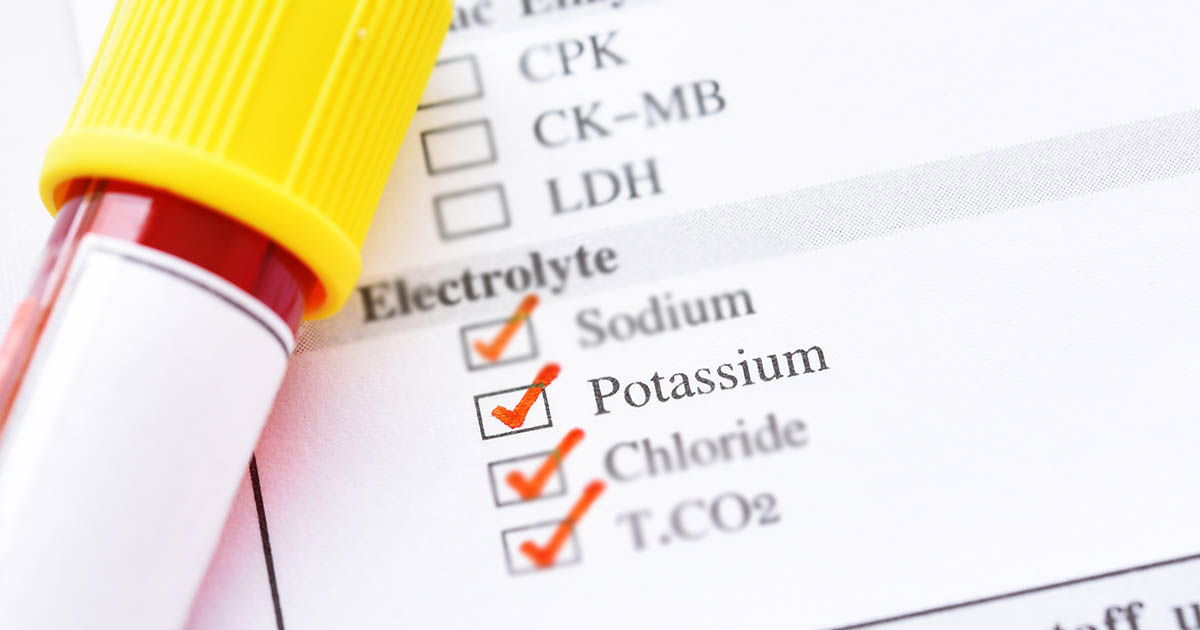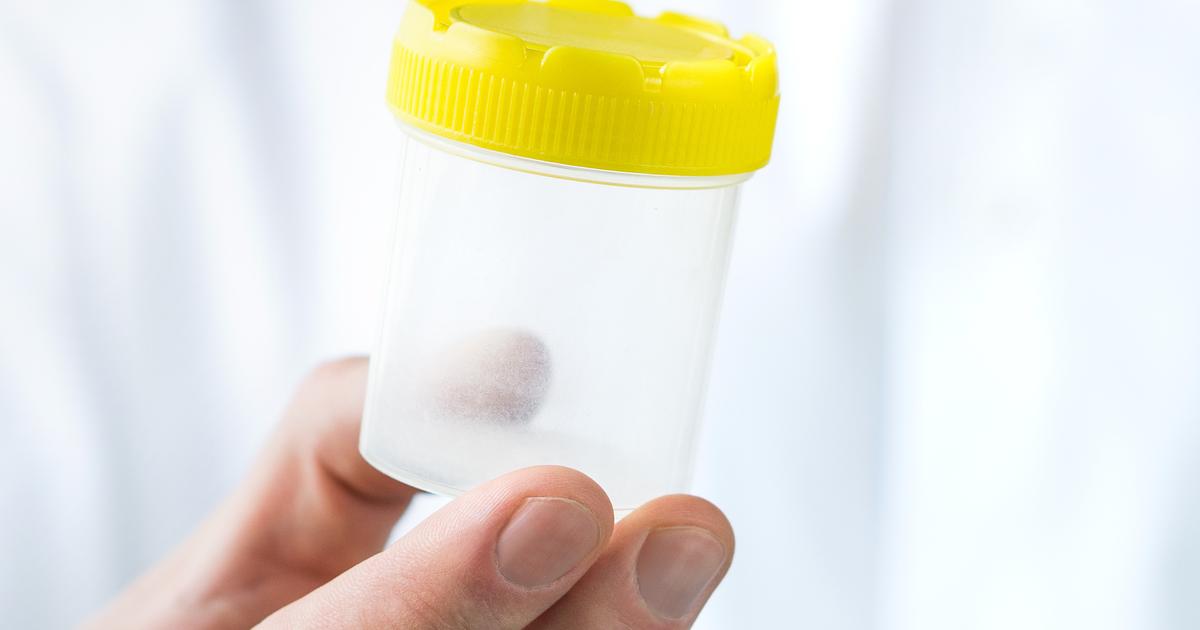Common Symptoms Of Gitelman Syndrome
Gitelman syndrome is a genetically precipitated disorder that causes functional kidney defects. This condition causes alterations in several concentrations of electrolytes and abnormalities in extracellular fluid volume. This syndrome is considered to be a salt-wasting nephropathy that affects sodium, calcium, chloride, potassium, and magnesium in an individual's body. The cause of Gitelman syndrome is a mutation or alteration in the code on an individual's SLC12A3 gene inherited from a family member in an autosomal recessive fashion. Unlike other salt-wasting nephropathies, Gitelman syndrome is diagnosed through laboratory test findings rather than the symptoms an individual is experiencing.
Symptoms can vary from mild to severe and may differ greatly from one affected individual to the next. With this in mind, look at some of the common ones now.
Low Potassium And Magnesium

Gitelman syndrome patients may have low potassium and magnesium. The mutations in affected individuals cause disruptions in sodium reabsorption that should occur in the distal convoluted tubule. Because this is the last stop before reaching the collecting duct, the excess sodium continues to become part of rine. This malfunction pulls increased volumes of fluid into the urine, lowering blood volume. Blood pressure begins to fall, and the angiotensin-aldosterone system is activated and causes an elevation in aldosterone. Elevated aldosterone stimulates sodium reabsorption in the cortical collecting duct as a backup mechanism of maintaining homeostasis. This mechanism results in increased potassium and hydrogen ion secretion through the urine, and a decrease in the protein or channel required for proper reabsorption of magnesium. Potassium is an electrolyte critical to proper nerve signaling and muscle contractions, while magnesium is an electrolyte critical to metabolism and protein synthesis. Low potassium and magnesium can be detected through a blood test and cause adverse symptoms like irregular heartbeat and muscle cramps.
Keep reading to learn about another mineral Gitelman syndrome patients may not have much of next.
Decreased Calcium In Urine

Individuals with Gitelman syndrome may experience decreased calcium in their urine. A normal amount of calcium that should be detected in a healthy individual's urine is between one and three hundred milligrams per day. Gitelman syndrome patients do not typically yield over forty milligrams per day. Increased levels of aldosterone caused by the body's reaction to low blood volume precipitated from salt-wasting initiates the depletion of a critical protein called TRPM6. This specific protein facilitates the reabsorption of magnesium in the kidney tubules, resulting in low magnesium in the blood. Magnesium is needed for the release of parathyroid hormone, and low magnesium can induce kidney and bone resistance to parathyroid hormone. Parathyroid hormone regulates the amount of calcium in an individual's blood through the management of secretion through the urine, pulling calcium from bones, and increasing calcium absorption from the diet. Therefore, an overall reduction in the effectiveness and release of parathyroid hormone results in less calcium being secreted through the urine.
Learn about how the muscles can mean an individual may have Gitelman syndrome now.
